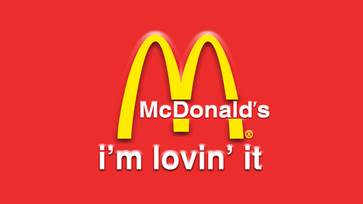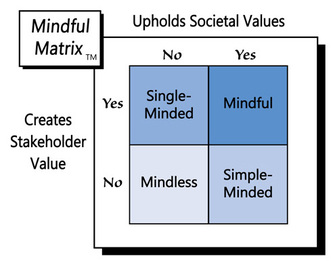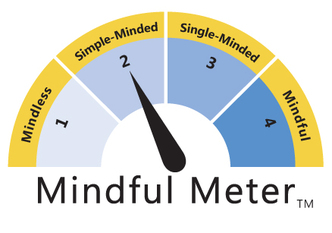“Melts in your mouth, not in your hands”
“Just do it”
A great slogan, or theme, is the mantra of a strong brand. It communicates the essence of the brand in a clear, concise, and compelling way, making the brand’s value proposition creatively unforgettable. Unfortunately organizations often miss the mark with their slogans, sometimes in a big way.
After years of leveraging its iconic theme “I’m lovin’ it,” McDonald’s is reportedly considering a variation of the slogan, to be launched in January 2015. Some sources have suggested that a new theme will be "Lovin' Beats Hatin',” which McDonald’s has denied. However, the ubiquitous fast food chain has filed for trademark protection for both "Lovin' > Hatin'" and "Lovin' Is Greater Than Hatin'," which makes it seem that some similar theme is forthcoming.
It’s hard to blame McDonald’s for wanting to shake up its branding. Significant changes in consumers’ palates and lifestyles, as well as growth of fast casual restaurants like Chipotle, have contributed to McDonald’s continued struggles, including declines in same store sales and profitability.
Will a new slogan correct these problems? No. McDonald’s financial challenges are much more deeply rooted in its menu, atmosphere, and service. But, wouldn’t a new slogan about “Lovin’ > Hatin’” recharge the brand? Unfortunately that’s also unlikely.
It’s noble for McDonald’s to think of using a slogan to take a social stand, particularly one that encourages love over hate. Of course, the notion that “love is better than hate” is a truism, or as a Geico commercial might say, “Everybody knows that.”
The important question for McDonald’s is: What would such a theme really communicate about the company’s brand that reflects and reinforces its value proposition? Not much. Furthermore, if McDonald’s food, atmosphere, and service remain largely unchanged, consumers won’t care if the fast food chain tells us that “Lovin’ beats Hatin’,” or something similar.
In fact, there’s a risk in using a negative word like “hate” in a slogan. Even if the theme ultimately is about not hating, the word hate will become associated with McDonald’s at some level. Organizations and individuals should avoid providing opportunities for such associations to be made. This idea of using positive vs. negative framing is the reason President Richard Nixon, in the wake of the Watergate scandal and other allegations of impropriety, should have said something like “I’m an honest person,” instead of “I am not a crook.” What words stuck with people? Nixon and crook. Similarly, today’s consumers might remember “McDonald's and hating.”
In the end, McDonald’s potential theme shows good social intent. Its weak branding, however, promises to create no real stakeholder value. Hopefully, McDonald’s will forgo the use of “Lovin’ > Hatin’” and avoid a case of “Simple-Minded” marketing.
Check out Mindful Marketing Ads and Vote your Mind!




 RSS Feed
RSS Feed